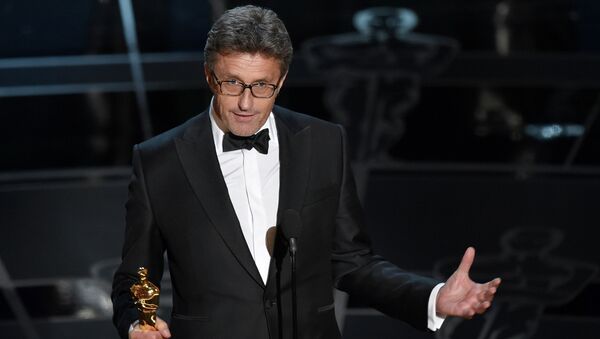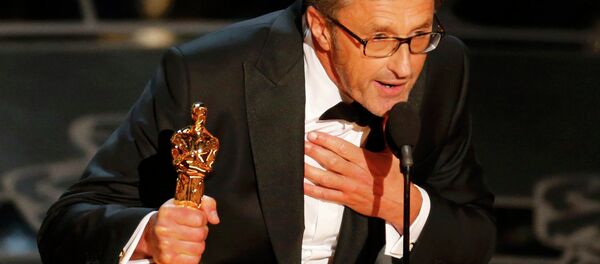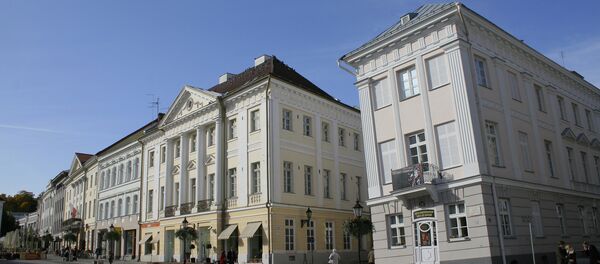"It shows history in a distorting mirror, and portrays Poles as anti-Semites. This is a false image. Germans were the anti-Semites, Germans committed the mass murders," historian Tadeusz Pluzanski told Polish news daily wPolityce. "The world again saw and awarded a film which shows Poles in an unfavorable light. This is a pedagogy of shame which we have been fed for a long time, and which we impose on ourselves."
The film, which portrays a Polish woman who is aspiring to be a nun in 1960s Poland, has a scene in which her birth parents and brother are killed by a Polish man during WWII, who then acquires their farm. In Israel, the film received a fitting response.
In January the Polish Anti-Defamation League, a Polish nationalist group which seeks to "protect the good name" of Poles and Poland, circulated a petition against the film, demanding that the director added contextual captions that explain that Poles were also mass-murdered during WWII and that many Poles sheltered Jews from Nazis.




